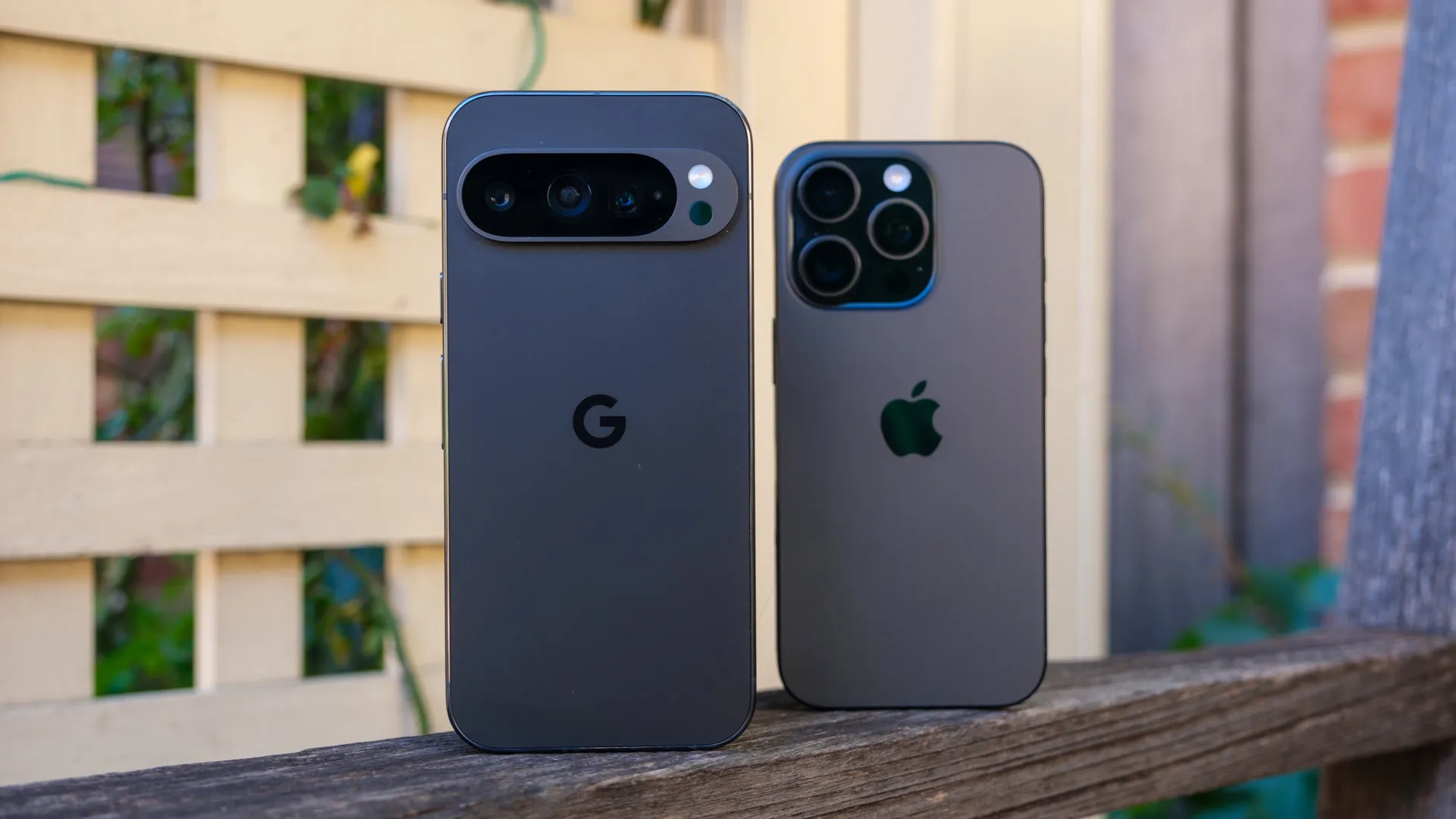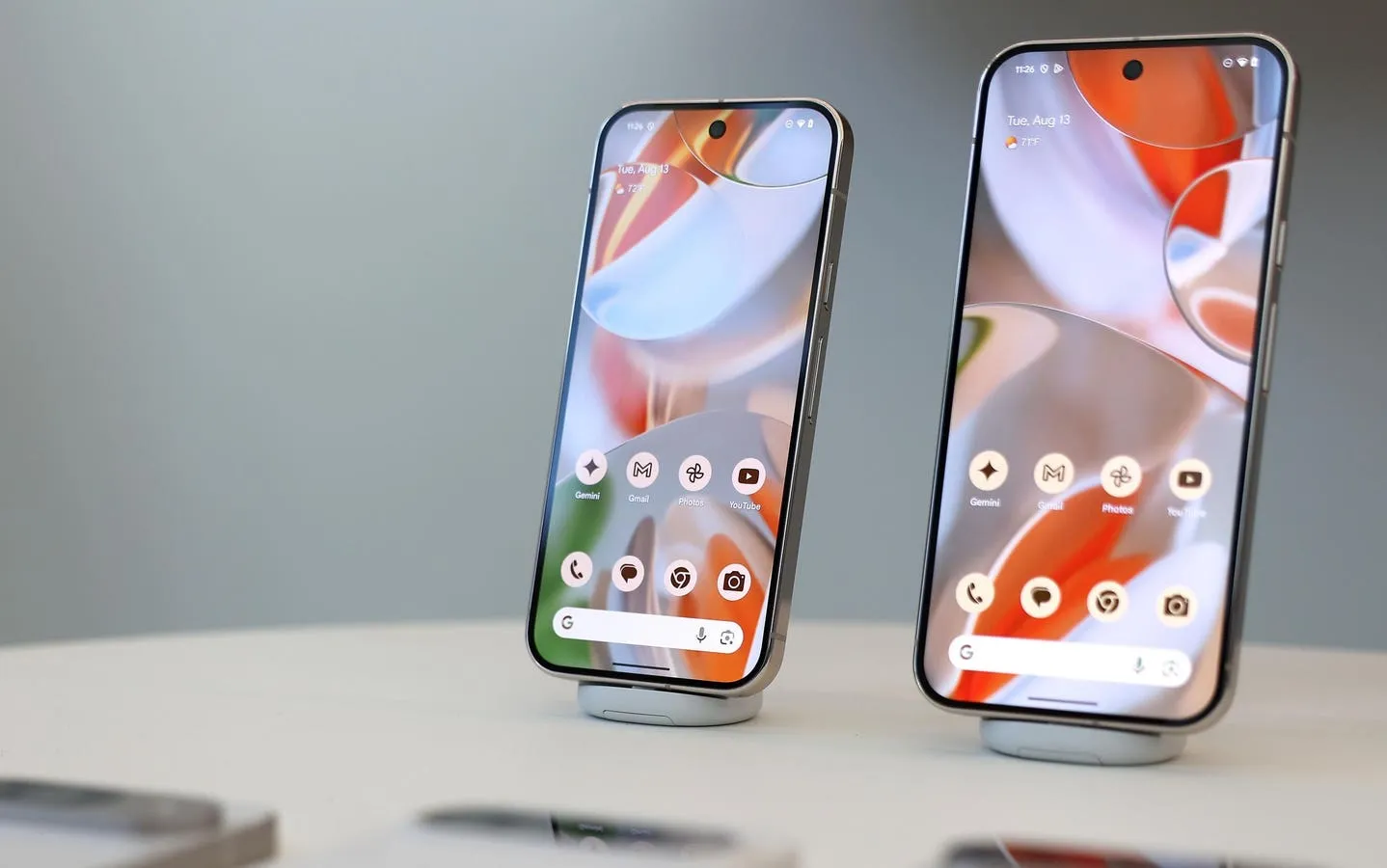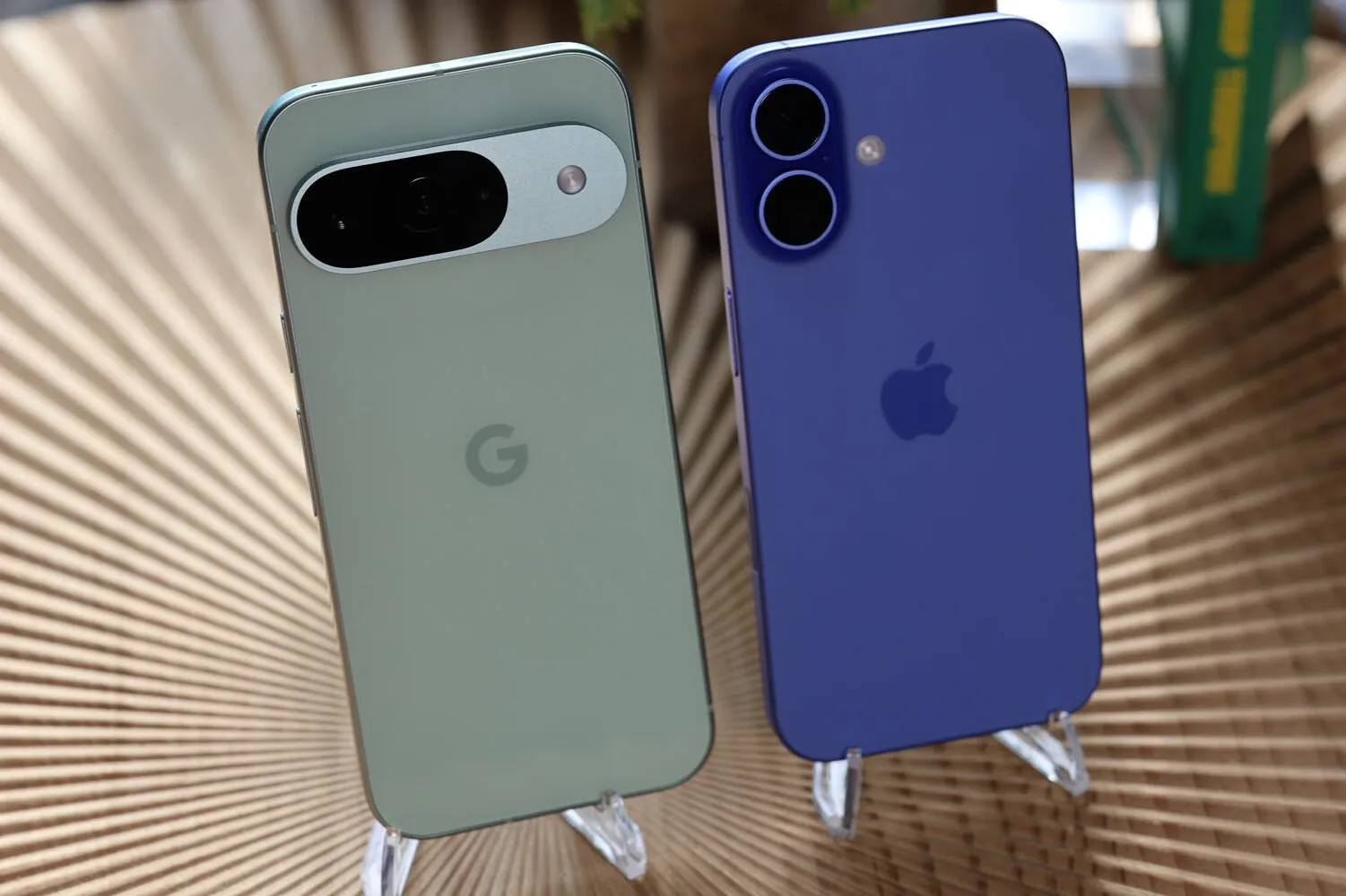In the rapidly evolving world of smartphone technology, Google’s latest updates to its Pixel series are making headlines for bridging the gap between Android and Apple’s iPhone in terms of both functionality and security. The introduction of the Pixel 9, along with the recent rollout of Android 16 Beta 2, signals a pivotal shift in the Android ecosystem that could have profound implications for Pixel owners.

Bridging the Gap: Google Pixel’s Journey Towards iPhone
Google’s strategy with the Pixel has always been about setting benchmarks in the Android world, but the latest updates seem to be playing a different game—mirroring iPhone’s integration of hardware and software. The Android 16 Beta 2, unveiled earlier this month, included a crucial security patch aimed at mitigating a sophisticated video management vulnerability. Identified as CVE-2024-53104, this issue highlights the ongoing cat-and-mouse game between smartphone manufacturers and cyber threats.
Apple’s simultaneous release of a security patch for CVE-2025-24200, aimed at preventing physical attacks on USB Restricted Mode, shows a similar commitment to security. This mode prevents unauthorized data connections via USB if an iOS device has been locked for more than an hour, a clear move to thwart forensic tools widely used in law enforcement.
The Security Race: Google and Apple Lock Horns
Both Google and Apple have been quick to address security vulnerabilities, underscoring the importance of integrated control over both software and hardware. This control allows them to push updates more swiftly compared to other Android manufacturers, who must first adapt updates to their specific overlays.

As Google published its security advisory, it was not just announcing a patch but asserting its role as a leader in Android security. The update was available for Pixel owners within days, emphasizing Google’s advantage over other Android OEMs like Samsung, which has yet to roll out these security measures to its devices.
Innovations and Privacy at the Forefront of Android 16
Looking ahead, Android 16 is poised to introduce significant advancements in security and privacy. Google is reportedly developing a new feature that prevents users from altering certain settings during phone calls—an addition motivated by the rise in phone scams. This feature will block changes to permissions that could potentially allow app sideloading or grant accessibility access during calls, adding an extra layer of protection against scammers.
Android 16 Beta 2: Exclusive to Pixel
The exclusivity of Android 16 Beta 2 to Pixel devices not only reinforces the premium status of Google’s hardware but also its commitment to leading the Android pack. This approach is increasingly important as flagship smartphones climb into the $1,000 to $2,000 price range, where expectations for immediate updates and robust security measures are higher than ever.

As the lines between Google’s Pixel and Apple’s iPhone continue to blur, the implications for the smartphone industry are vast. Google’s swift adaptation of advanced security measures, coupled with the seamless integration of new features in the Pixel, sets a new standard for what Android users can expect. In an era where data privacy and security are paramount, Google’s strategic updates ensure that Pixel owners are not just purchasing a device, but investing in a secure, cutting-edge technological ecosystem.









